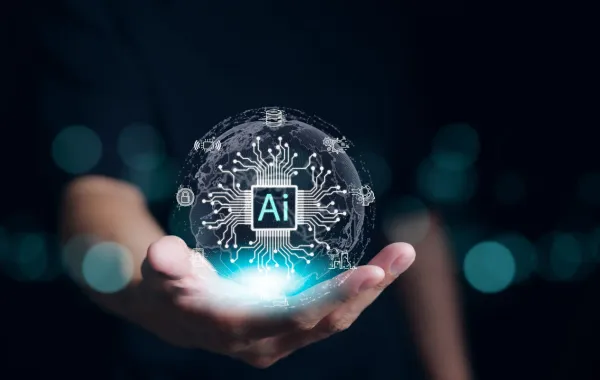The Ethics of AI in Hiring: Balancing Efficiency and Fairness

Artificial Intelligence (AI) is reshaping industries worldwide, and hiring is no exception. From scanning resumes to assessing candidates, AI promises unparalleled efficiency. However, as companies embrace AI for recruitment, the question arises: Can it balance efficiency with fairness? In this blog, we’ll explore the ethical implications of using AI in hiring, the challenges it presents, and ways to navigate this complex path.
Why Companies Turn to AI in Hiring
70% of hiring managers say AI tools save them significant time in screening and shortlisting candidates, according to a SHRM report.
Recruitment can be a time-intensive process. On average, a single corporate job opening attracts 250 resumes, and it takes about 36 days to fill a position. AI has revolutionized this process by automating:
- Resume Screening: Identifying qualified candidates in seconds.
- Video Interviews: Using algorithms to analyze verbal and non-verbal cues.
- Predictive Analytics: Assessing potential performance and cultural fit.
These innovations have streamlined workflows, reduced hiring costs, and ensured faster decision-making. But efficiency often comes with ethical trade-offs.
The Ethical Challenges of AI in Hiring
1. Bias in Algorithms
AI learns from data, and if historical hiring data is biased, AI perpetuates those biases. For instance, an AI trained on resumes from predominantly male tech applicants may favor male candidates over equally qualified females. This phenomenon raises concerns about discrimination and lack of diversity in hiring.
2. Lack of Transparency
AI systems often operate as black boxes, where decisions are made without clear explanations. Candidates might wonder:
- Why was I rejected?
- What criteria determined my score? Such opacity can lead to mistrust and legal challenges.
3. Privacy Concerns
AI-driven hiring tools often collect vast amounts of data, including personality assessments and social media profiles. Candidates might feel their privacy is being invaded, especially if they are unaware of how their data is used.
4. Over-Reliance on Automation
While AI can predict trends, it lacks the human ability to understand nuances. Over-reliance on algorithms could lead to overlooking candidates with unconventional but valuable experiences.
Striking a Balance: How to Ensure Fairness in AI Hiring
1. Train AI with Diverse Data
To minimize bias, companies should use diverse datasets reflecting varied demographics. This ensures that the algorithm recognizes talent across gender, ethnicity, and socioeconomic backgrounds.
2. Incorporate Human Oversight
AI should assist, not replace, human decision-making. By combining AI's efficiency with human judgment, companies can add empathy and intuition to the hiring process.
3. Ensure Transparency
Organizations must clearly communicate how AI systems function. Providing feedback to candidates about why they were selected or rejected can build trust.
4. Regularly Audit AI Systems
Ethics isn’t a one-time checkbox. Companies should routinely audit their AI systems to detect biases, monitor performance, and ensure compliance with legal standards.
Success Stories: Ethical AI in Action
Case 1: Unilever
Unilever revamped its hiring process by using AI to screen entry-level candidates. They ensured fairness by using data from diverse groups and combining AI results with human interviews. This led to a 90% reduction in hiring time while maintaining diversity.
Case 2: Pymetrics
Pymetrics uses AI-based games to evaluate candidates' cognitive and emotional traits. To avoid bias, the company audits its algorithms and retrains them with data to ensure inclusivity.
The Future of AI in Hiring
The ethical use of AI in hiring is not just a legal necessity but a moral obligation. As more companies adopt AI-driven tools, the focus must shift from pure efficiency to fairness and inclusivity. Organizations that prioritize ethics in AI will not only attract diverse talent but also build a stronger brand reputation in an increasingly competitive job market.
Final Thoughts
The journey to balance efficiency and fairness in AI hiring is complex but achievable. By prioritizing transparency, eliminating bias, and combining AI with human insight, companies can harness AI’s potential without compromising ethics.
Are you ready to take the next step in ethical AI hiring? Stay informed, stay accountable, and ensure your hiring practices reflect the values you stand for.
Need help optimizing your AI-powered hiring strategy? Visit Ezyapply.ai to learn how we can help you find top talent ethically and efficiently!





